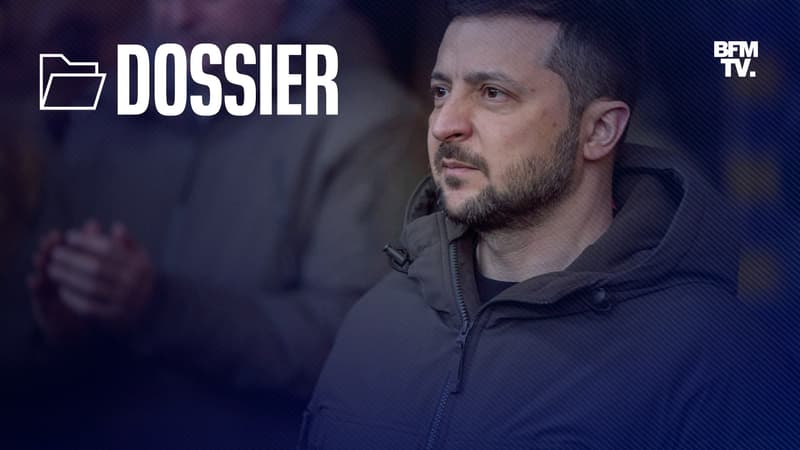Born on January 25, 1978 in Kryvyi Rig, a Ukrainian industrial city in the heart of a predominantly Russian-speaking region, Volodymyr Zelensky succeeded Petro Poroshenko and became Ukraine’s president on May 20, 2019. Before entering politics, he forged a fine career in comedy – in the Ukraine, as in Russia for that matter. Starting in 2015, he played in The Servant of the People, a hit series, an honest but naive history teacher who coincidentally becomes the president of Ukraine. Thus, fiction catches up with reality with his election in 2019 by Ukrainians tired of their corrupt political class and their billionaire president, Petro Poroshenko. If Volodymyr Zelesnky did not live up to the expectations of his constituents at the beginning of his term, the war changed everything. A few weeks after the Russian invasion on February 24, 2022, his presidency seemed to lose momentum, the former actor struggling to fulfill his electoral promises in a country plagued by poverty and corruption. It is then easy for his rivals to say that the presidential suit is too big for a public artist. And to Westerners who regret that the new Ukrainian leader cannot reform the country. When, at dawn on February 24, 2022, Vladimir Putin launches the invasion of Ukraine, Moscow is convinced that the offensive will be short, that the weak Ukrainian power will collapse. Kyiv, Kharkiv, Lviv, Dnipro, Odessa: all the main Ukrainian cities are attacked, the Russian army is heading towards the Ukrainian capital. Volodymyr Zelensky makes an impression when he appears in a video filmed in front of the presidential administration buildings in the center of Kyiv, flanked by his advisers. Since then, Volodymyr Zelensky and his army have inflicted surprising humiliations on Vladimir Putin: in April 2022, the Kremlin resigns from Kyiv, in September it loses the Kharkiv region, and then in November Kherson, the capital of the region of the same name. Making him its man of the year, the British newspaper Financial Times does not hesitate to compare him with Winston Churchill, British leader against the Nazis. He himself regularly presents his country as a bulwark against Russian imperialism, as a defender of democratic values, such as in June, when he told Czech parliamentarians that Moscow aspires to “a vast territory from Warsaw to Sofia, from Prague to Tallinn “.
Source: BFM TV


